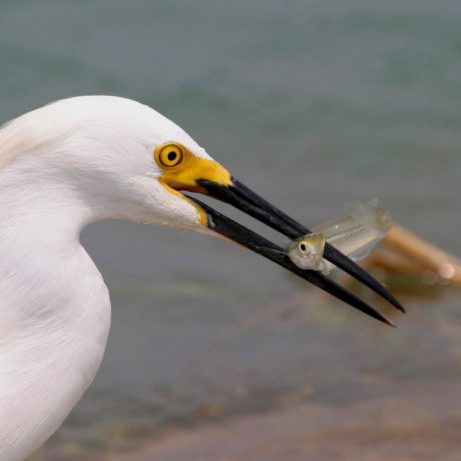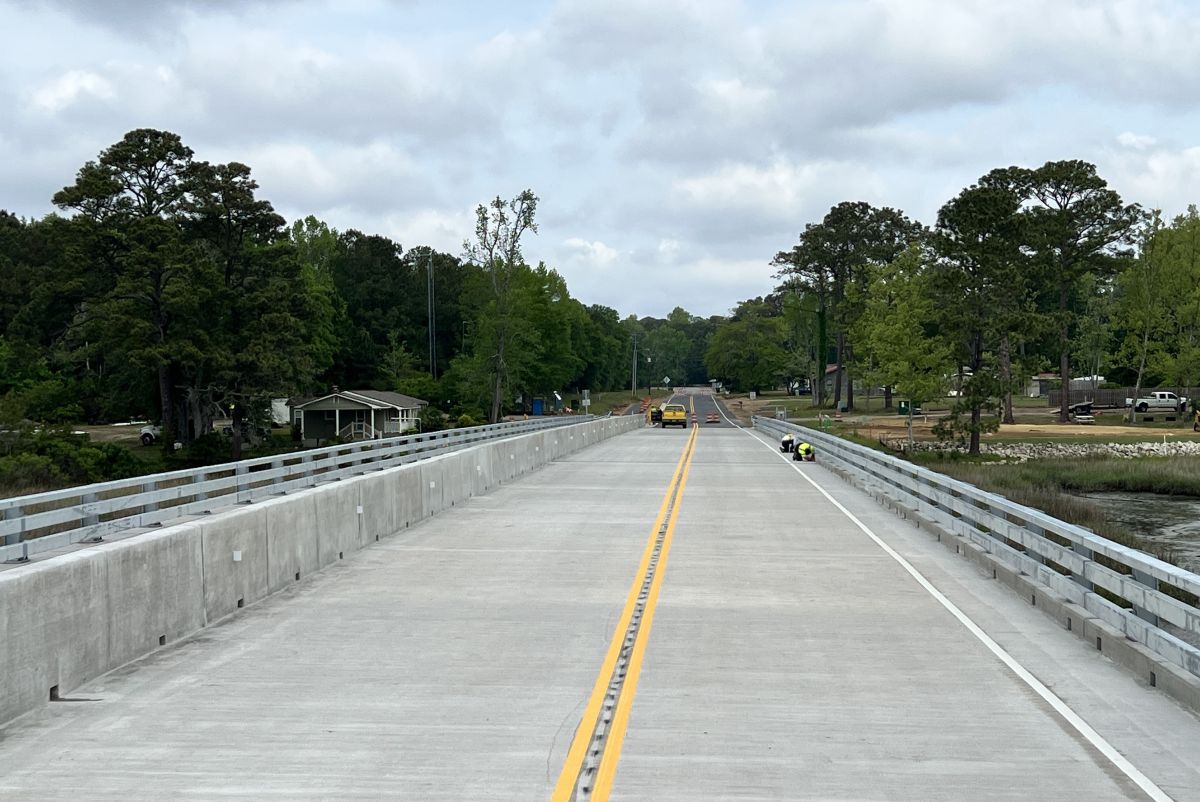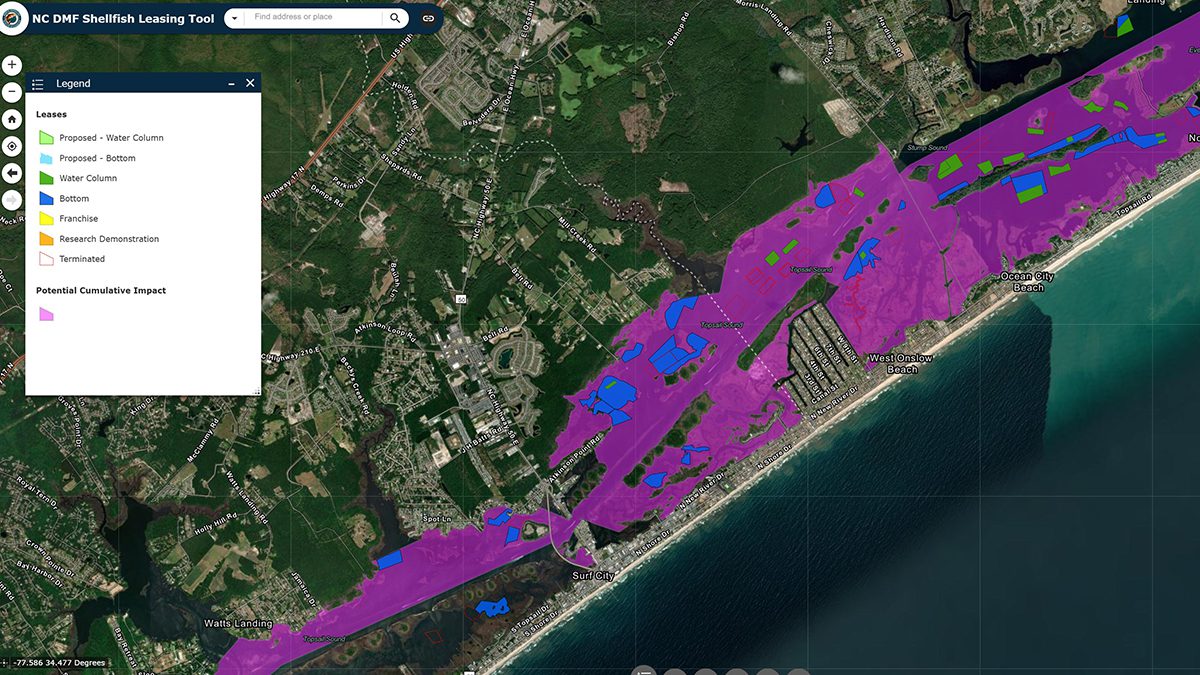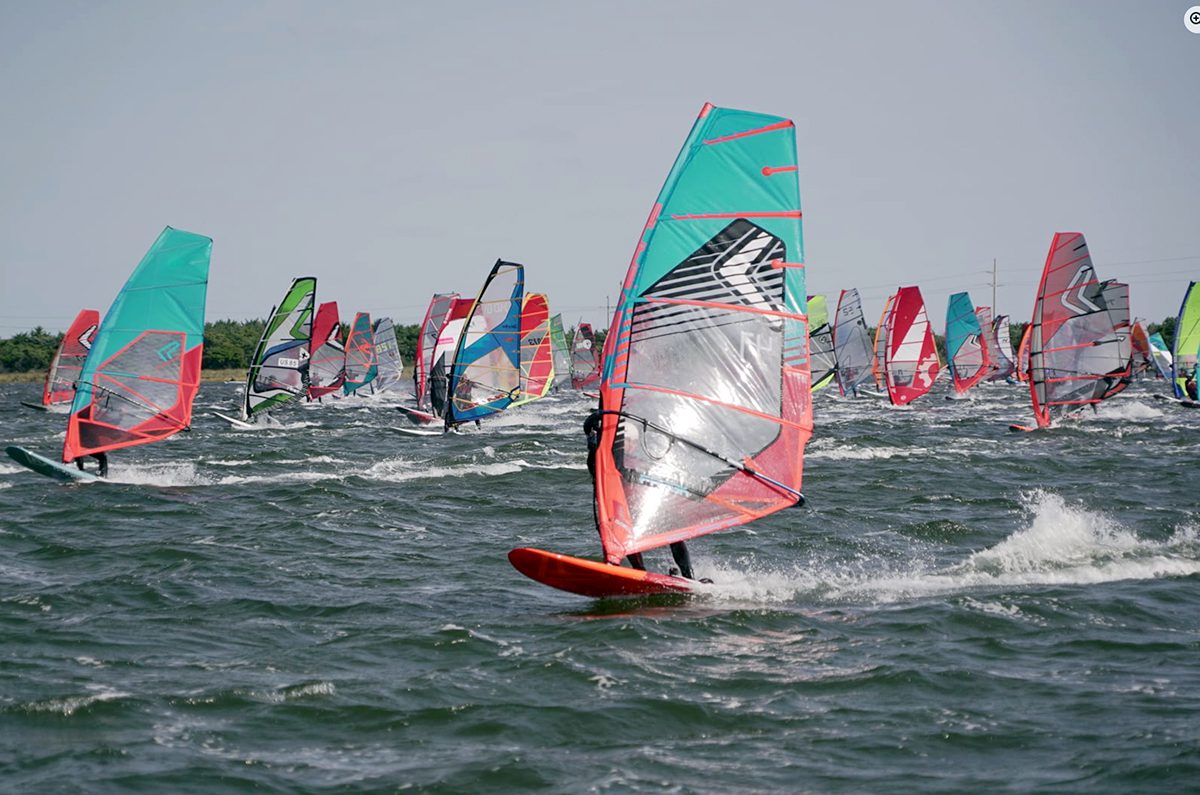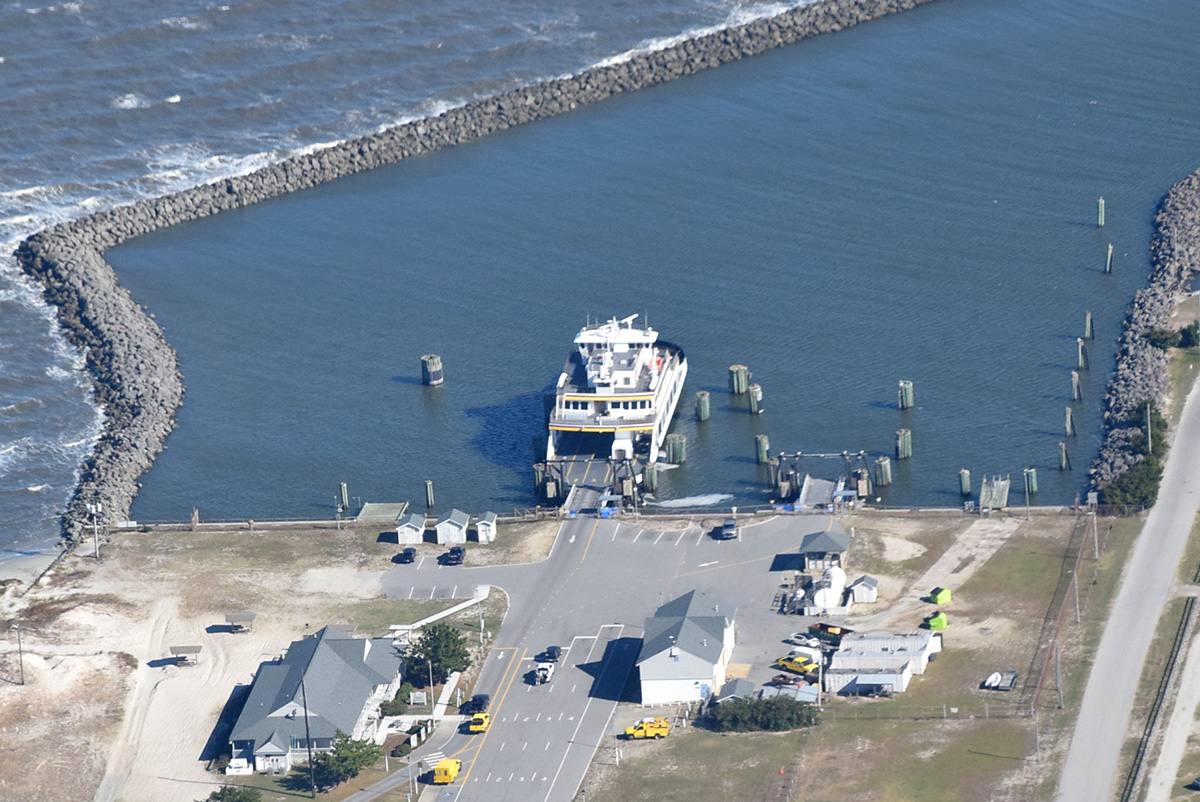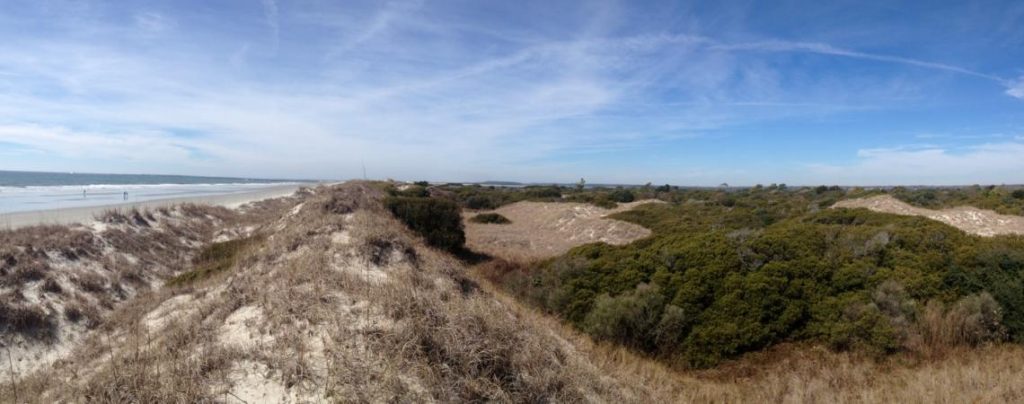
SUNSET BEACH – North Carolina now officially owns dozens of acres of undeveloped oceanfront property that will be added to the Bird Island Coastal Reserve.
Deeds to 35 acres of land stretching between the west-end of West Main Street in Sunset Beach and Bird Island changed hands Nov. 8.
Supporter Spotlight
The $2.5 million purchase, approved in mid-September by the North Carolina Council of State, ends years of fighting to keep the property building free.
“That whole tract of land will be natural coastline forever now,” Sunset Beach property owner Sue Weddle said. “That’s so rare, so unique, and it is so special.”

The additional land will give the public direct access to the now more than 1,500-acre reserve. Visitors have had to walk the oceanfront to get to the reserve.
Weddle, who has owned property on the island for more than 35 years, routinely walks the undeveloped western end of the island.
“The word that keeps coming to my mind is that it is glorious,” she said of the area.
She has been part of a group of Sunset Beach property owners who’ve fought for years to prevent the land from being developed.
Supporter Spotlight
The developer who had plans to build an upscale, gated community with breathtaking oceanfront views on the property said in a text responding to a request for comment that the project would have been wonderful.

“The opposition put up a really good campaign to stop any development on our property,” Sammy Varnam said. “Some of the ones that screamed the loudest reached out to me during litigation and asked if we win the lawsuit would I consider selling them some lots so they could build their dream home on the property. I smiled and said of course I would. They said great … just don’t tell anyone that we talked to you. All said and done we accept the settlement and we all can sleep better knowing it’s over. It will always bother me knowing what a wonderful project it could have been.”
Varnam introduced to the town in May 2014 preliminary plans of a 23-lot subdivision with a private, 30-foot-wide wooden bridge crossing over marsh and wetlands to the property.
Varnam, along with members of Mannan Gore’s family, formed the limited liability company Sunset Beach West, which was to be the name of the subdivision.
Gore’s legacy goes back to the late 1950s, when the Brunswick County native began laying the foundation for Sunset Beach as a seaside community.
The subdivision would be built in a formerly state-designated inlet hazard area, or IHA, which is defined as an area especially vulnerable to erosion and flooding where inlets can shift suddenly and dramatically.
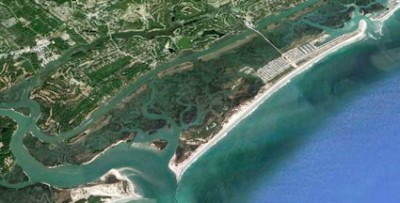
Mad Inlet, a shallow inlet that once meandered between the Brunswick County town and the protected coastal reserve had been dried up for more than a decade when, in February 2014, the Coastal Resources Commission determined the inlet would not likely reopen and lifted the IHA designation.
Building is more heavily regulated within these coastal areas.
Though the property was no longer within the IHA, it remains in a federally designated Coastal Barrier Resources Act, or CBRA, pronounced “cobra.”
These zones were created in the 1980s to discourage building on relatively undeveloped barrier islands by cutting off federal funding and financial assistance in hurricane-prone, biologically rich areas.
The designation ultimately meant Varnam would not be allowed to run private lines to connect to Brunswick County’s water and sewer utilities. He would have to provide private utilities.
In June 2016, Varnam received all the state and federal permits needed to move ahead with the project.
But one day after the North Carolina Division of Coastal Management, or DCM, granted him a Coastal Area Management Act, or CAMA, major permit, the Sunset Beach Town Council voted to sue Sunset Beach West, claiming that the town, not the developers, owned a majority of the land.
That lawsuit has been dropped now that the state owns the land.
The Sunset Beach Taxpayers Association and North Carolina Coastal Federation also moved to dismiss a joint lawsuit against Sunset Beach West and DCM, according to Geoff Gisler, a senior attorney with the Southern Environmental Law Center’s Chapel Hill office.
DCM Director Braxton Davis in a press release praised the addition.
“The Sunset Beach West tract is a significant addition to the Bird Island Reserve ensuring long-term habitat protection,” he said. “The acquisition will also allow for continuous management of the area neighboring Sunset Beach.”

